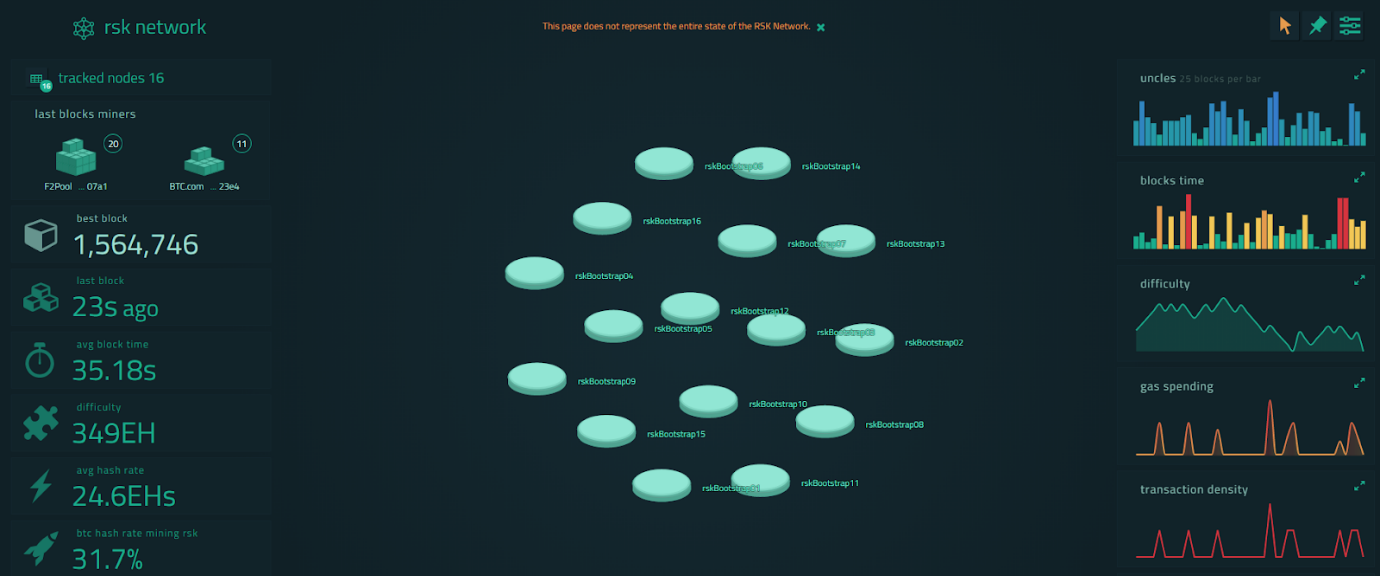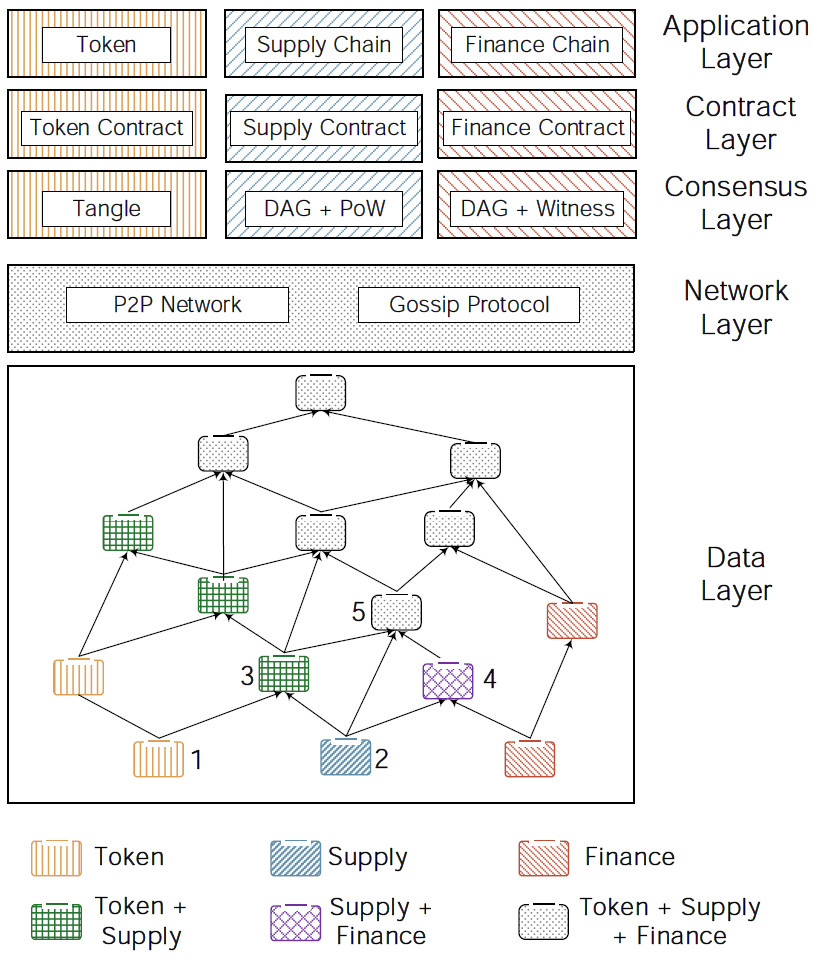If the 2017/2018 cryptocurrency boom was altcoin season, then 2019 undoubtedly belongs to Bitcoin (BTC). The world’s biggest crypto is currently enjoying its highest level of market dominance in over two years. On the other hand, Ethereum has been progressively losing market share over 2019. The numbers demonstrate that BTC is still the most trusted of cryptocurrencies, which is underscored by the record levels of institutional investment currently flowing in.
While this may not be great news for Ethereum and other alts, it’s excellent news for the projects involved in the Bitcoin ecosystem. RSK is one example. At the end of this month, the Bitcoin-based smart contract platform is due to issue a new release, dubbed Wasabi.
This upcoming release is the culmination of several critical developments for the project since its launch in January 2018. With BTC grabbing an even bigger slice of market share, and the crypto community increasingly focused on decentralized finance (DeFi,) the timing couldn’t be better.
Recent and Upcoming Developments
Ethereum and EOS tend to be the smart contract platforms that grab the headlines. However, the team at RSK has been making substantial headway in its platform development over recent months, with plenty more planned over the upcoming year.
Built as a side chain of Bitcoin, RSK connects to the Bitcoin blockchain via a two-way peg. The platform uses its own coin called Smart BTC (SBTC) which is tethered to the price of Bitcoin. Because the side chain is merge mined with the Bitcoin blockchain, it effectively benefits from much of the same security of Bitcoin.
In November last year, the company was acquired by RIF Labs which launched the RSK Infrastructure Framework, a continuation of the work started by the original development team. RIF outlined its plan to roll out five protocol updates in phases over time. The acquisition was a critical milestone, as RIF committed to developing open-source infrastructure that could, in time, be extended out to other blockchain platforms.
In early 2019, it became the most secure smart contract platform in the world, beating out the competition with hashing power of over 35%.
While Bitcoin has always come under fire for its slow processing speed, RSK has proved its ability to handle speeds of up to 100 transactions per second. However, to further enhance speed and scalability, the project launched a third-layer solution called Lumino in May this year. Lumino operates on a similar concept to the Lightning Network, allowing individuals to open payment channels for near-instant, off-chain settlement. Transactions are recorded on the main chain once the channel is closed.
Now, the company is set to release the Wasabi upgrade on July 31. The update features important performance and storage improvements, new native contracts, and general security improvements and bug fixes.
Standing Up to the Competition
Given the choice in smart contract platforms in 2019, it’s worthwhile considering why developers would choose RSK over the competition. Ethereum may have been the first blockchain to bring smart contract capability to the world; however, its struggles with scalability are seemingly endless. There is still no confirmed release date for the long-promised Serenity/ETH 2.0 upgrade. RSK allows dApp developers to write smart contracts in the Solidity smart contract programming language while offering superior transaction speeds compared to Ethereum.
Furthermore, operating as a sidechain of the Bitcoin blockchain means enjoying all the security benefits that a truly decentralized blockchain can bring. EOS provides high throughput, but with only 21 block producers operating its delegated proof-of-stake protocol, the platform is frequently criticized for not being truly decentralized.
Taking on the DeFi and Interoperability Challenges
The SWARM partnership marks two critical steps in RSKs journey. It’s the first of many collaborations designed to position the project as a DeFi platform of choice. The DeFi space has tended to be dominated by Ethereum. Now, RSK’s efforts provide an unprecedented opportunity for DeFi developers to leverage the long-standing trust and security of the Bitcoin blockchain.
Secondly, it demonstrates a clear commitment to enable Bitcoin’s interoperability with other blockchains. Interoperability is a crucial challenge over the next year or two, as enterprise adoption will hinge on whether blockchains can communicate with one another. IOV Labs, the company behind the project, is firmly committed to addressing this challenge with the Risk Infrastructure Framework.
The competition among blockchain development platforms has never been hotter. Of course, there doesn’t necessarily have to be only one winner. However, those that will be successful in the long term are the ones that are laying the groundwork now, developing the technology and partnerships that mean sustainability in the future. Against all the odds, Bitcoin has thrived through its first ten years, and its dominance is only becoming more prevalent. RSK has every opportunity to leverage Bitcoin’s strength, along with its own competitive advantages to pull ahead of the crowd.
Image by xresch from Pixabay






